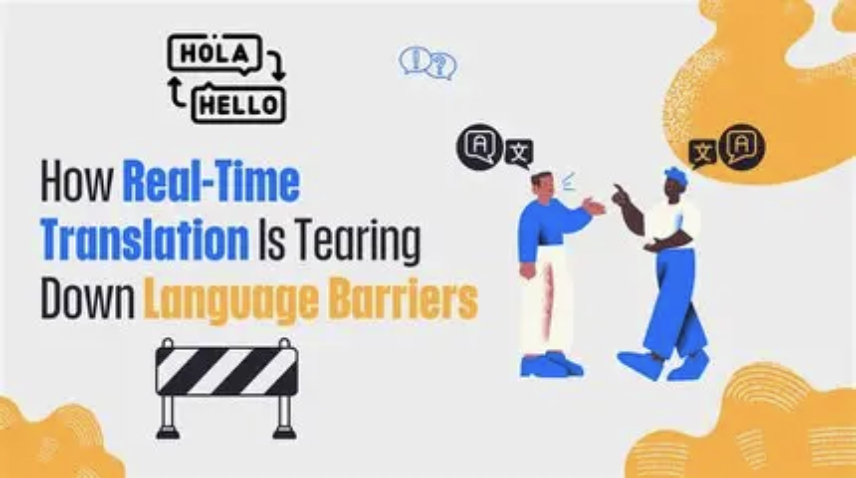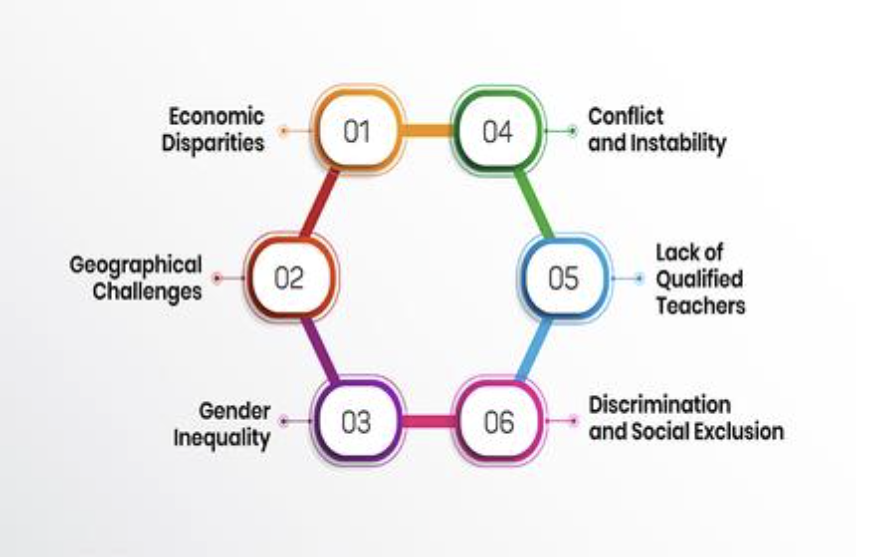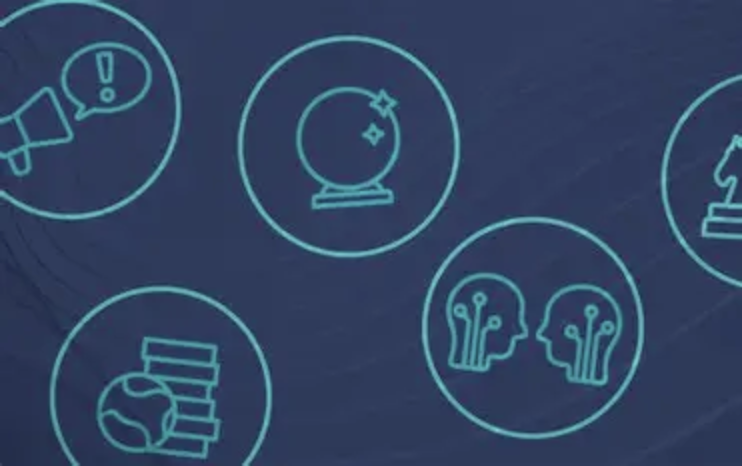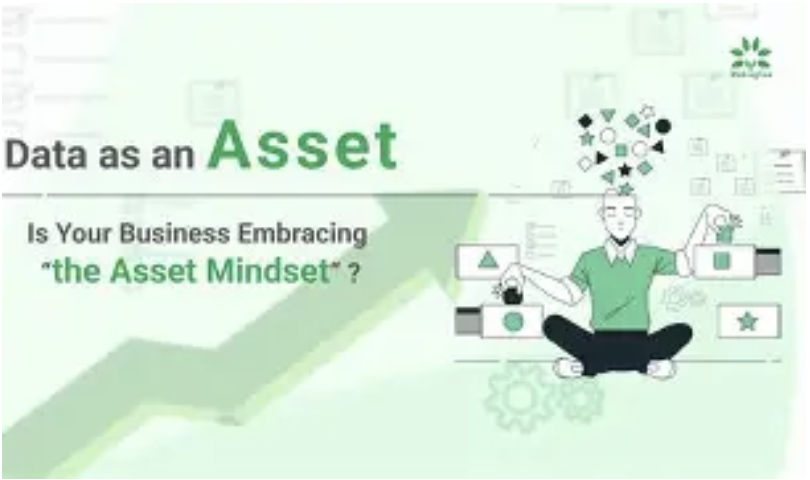Deciphering the Next Evolution of HR
The aroma of coffee in the afternoon filled the air. You brushed the recruitment website bored, and suddenly a push popped up: "Congratulations, according to our talent model analysis, your matching degree with the position of' Innovative Product Manager' is as high as 95%!" You paused, and it felt a bit like Netflix recommending movies based on your viewing history, only this time, it recommended your career.
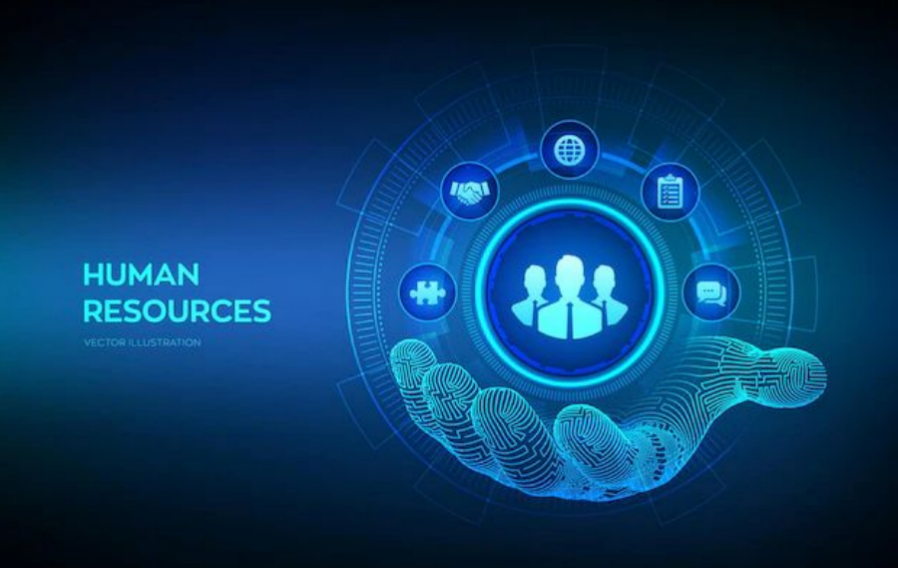
This is no longer a bridge of science fiction, but a real change in the field of human resources. We often say that big data and algorithms have changed business, finance and even entertainment, but few people pay attention to them. They are reshaping our relationship with work in a quiet way. The protagonist of this change is not the AI we are familiar with, but a lower-level and more subtle system-the cross matrix of behavioral economics and talent analysis.
Imagine that a company will no longer judge you only by your resume and interview performance. Instead, it will analyze your email habits, the frequency of using team collaboration software, and even your contribution to internal projects. This sounds a bit like "big brother is watching you", but its original intention is not to monitor, but to build a fairer and more scientific portrait of talents. For example, an employee is not good at words at meetings, but his contribution is extremely high in the collaborative documents in the background. Traditional HR may think that he is not active enough, while behavioral data can reveal his true characteristics of silent dedication and deep thinking. This system can help companies find those "diamonds" hidden under the traditional evaluation system and let their value be seen.
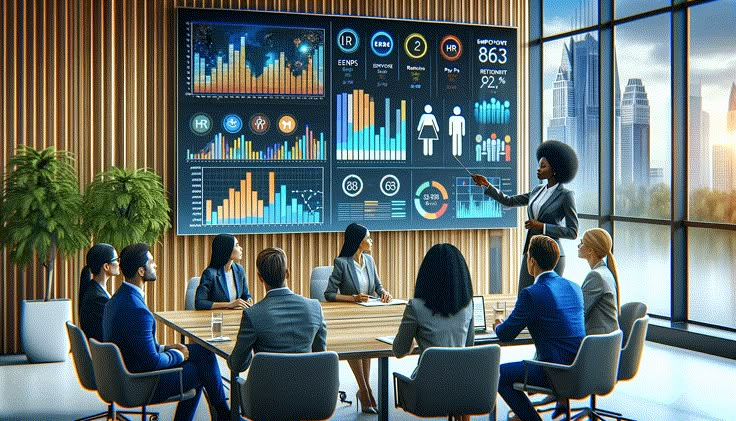
The deeper change is that this system can also predict future employee behavior. We know that consumers' shopping behavior can be predicted, so can employees' turnover intention and skills upgrading needs also be observed? The answer is yes. By analyzing employees' commuting time, promotion trajectory, salary changes, and even their interaction with colleagues, the talent analysis system can establish a complex "turnover risk model". When an employee's "risk index" rises, the HR department can intervene in advance to understand his confusion, provide career development advice or adjust his work content, so as to turn the potential loss risk into a retention opportunity.
This is not only about efficiency, but also about the two-way trip between individuals and organizations. For employees, this means that your value is no longer those thin resumes, but every subtle contribution you make. According to your behavior data, the system will recommend the training course that suits you best, the project that can stimulate your potential best, and even help you find the most suitable tutor. This personalized growth path planning makes everyone's career like a well-designed RPG game, and every step is full of strategies and rewards.
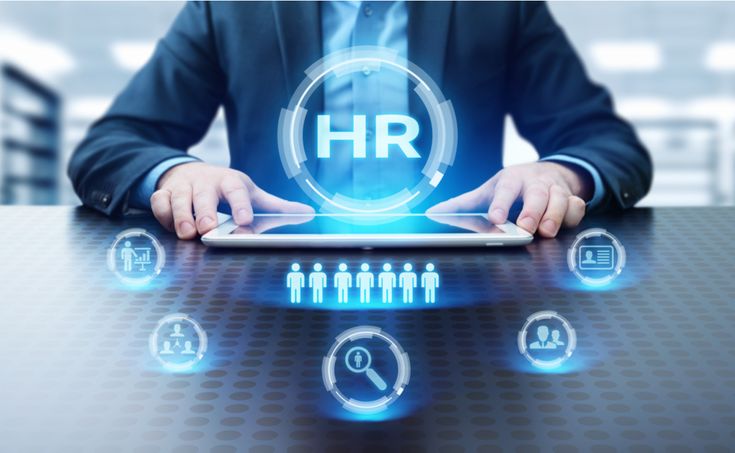
Of course, this change has also brought new challenges. Data privacy, fairness of algorithms, and how to ensure that these tools are not abused are all issues that we need to consider carefully. But it is undeniable that we are entering a brand-new workplace era driven by data and shaped by behavior. The future HR is not so much a "personnel manager" as a "talent data scientist". Your next job may not be recommended by others, but calculated by an algorithm.
(Writer:Ciki)

